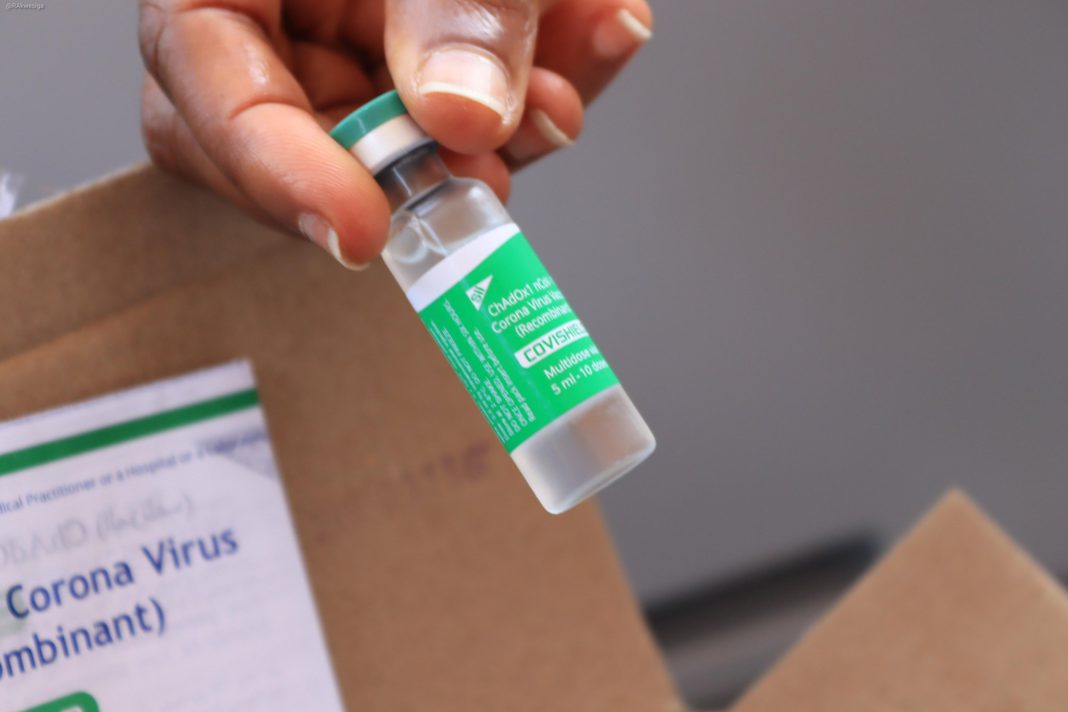For the first time since the beginning of the pandemic, Africa is emerging from the holiday season without a significant increase in COVID-19 cases.
A total of 20,552 new cases were recorded in the first three weeks of January 2023, representing a 97% drop from the same period last year. However, an increase in cases has been reported in South Africa, Tunisia, and Zambia in the last two weeks. The decline in the number of newly reported cases may be partly due to low rates of COVID-19 testing. Still, it is critical to note that hospitalizations for severe COVID-19 and deaths have decreased significantly. As of 22 January 2023, 88 COVID-19-related deaths have been reported in the Region, compared to 9,096 for the same period in 2022.
“For the first time since COVID-19 turned our lives upside down, January is not synonymous with a rise in cases. Africa enters the fourth year of the pandemic with the hope to move out of emergency response mode,” said Dr Matshidiso Moeti, World Health Organization (WHO) Regional Director for Africa. “However, with variants still circulating, it is important that countries remain alert and put measures in place to effectively detect and control any further spikes in infections.”
In 2022, Africa did not experience major pandemic peaks, outbreaks lasted an average of three weeks before fading. In contrast, in 2021, the continent experienced two pandemic waves caused by more transmissible and deadly variants.
With the number of new cases gradually slowing down over the past year, the low transmission of the virus is expected to continue in the coming months, with possible occasional increases. However, it remains essential that countries maintain their capacity to detect and respond to any unusual outbreaks of cases effectively.
Over the past year, as African countries have stepped up efforts to expand immunization, only 29% of the continent’s population has completed the primary immunization series by 22 January 2023, up from 7% in January 2022. However, the vaccination rate for adults aged 18 and older has increased from 13% in January last year to 47% currently.
However, only four countries in the African Region have vaccinated more than 70% of their population, 27 have vaccinated between 10% and 39%, while 11 have covered between 40% and 70% of their population. Immunization of high-risk populations has seen some progress with 41% of health workers fully vaccinated in 28 countries and 38% of older people in 23 countries.
To further expand immunization coverage, in addition to immunization campaigns, it is important to integrate COVID-19 vaccination into routine healthcare services that take into account the needs of the most vulnerable. So far, 12 African countries have started integrating COVID-19 vaccination into mainstream health services.
“As the trajectory of the pandemic evolves, so must our approach. We are helping countries put in place effective ways to ensure COVID-19 vaccines are available, accessible and provided over the long term,” said Dr. Moeti. “We know from experience that huge gaps in immunization can be the perfect opportunity for the resurgence of vaccine-preventable infections. Even though COVID-19 cases are declining, the pandemic can take an unexpected turn. But we can rely on vaccines to avoid a disastrous outcome.”
COVID-19 vaccination remains essential to protect against severe illness and death, as the virus continues to circulate and mutate.
In Africa, Botswana and South Africa are the only countries to have detected the Omicron XBB.1.5 sub-variant, one of the sub-lineages with public health implications. Genomic sequencing has slowed as COVID-19 testing rates have declined. Over the past week, only three countries have reached the WHO benchmark of five tests per 10,000 people per week, compared to 25 at the same time in 2022.
So far this year, 1896 sequences have been submitted. At the same time last year, 7625 sequences were made. Sequencing is essential to track variants and contribute to the preparation of a rapid and effective response.






